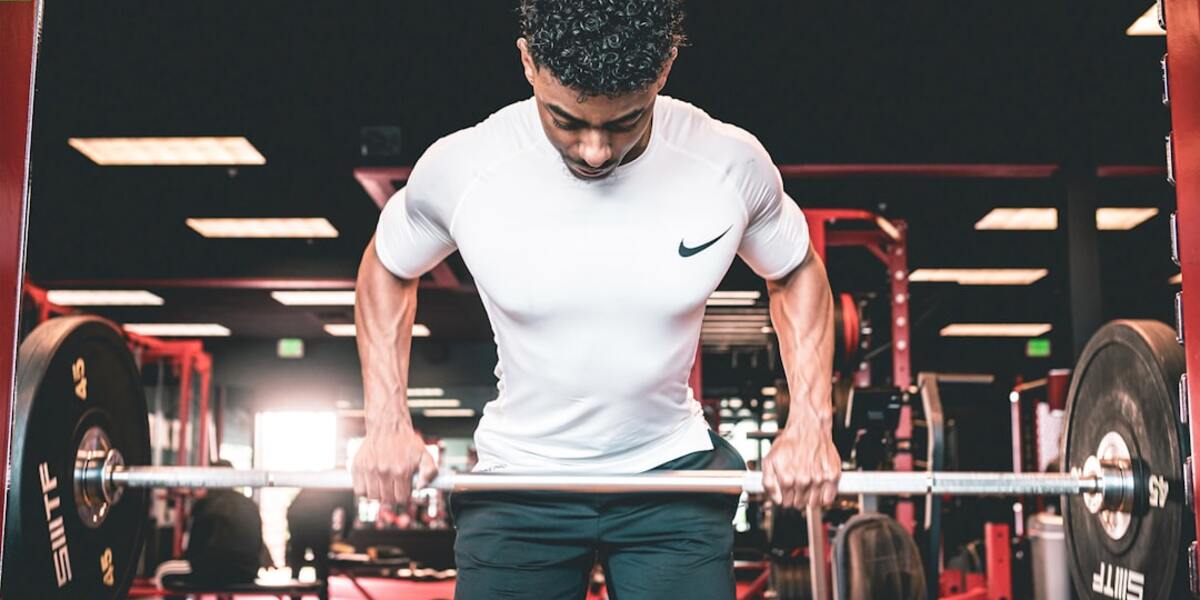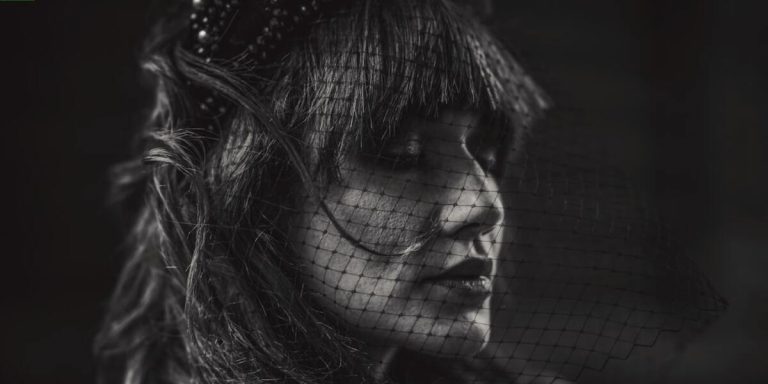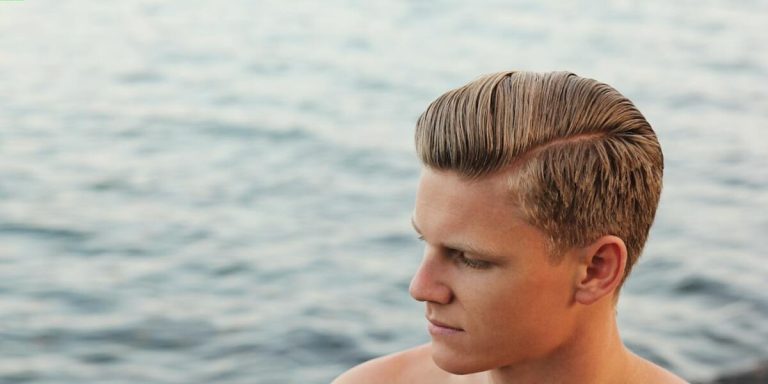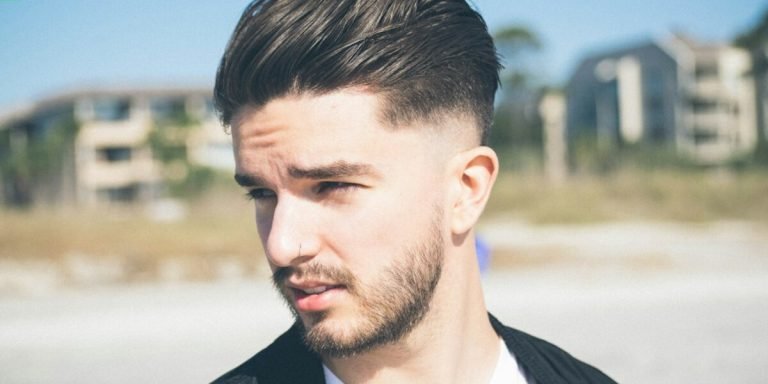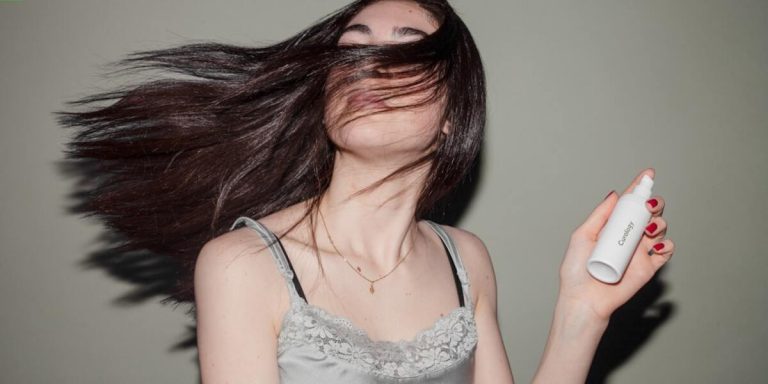Can Energy Drinks Cause Hair Loss? An In-depth Look into the Facts
Ever wondered “Can energy drinks cause hair loss?” This question has turned into a concern for many worldwide, as the consumption of these popular beverages continues to skyrocket. Delving beyond their advertised benefits such as increased stamina and heightened concentration, there are underlying factors in these fizzy cans that could potentially compromise your crowning glory’s health.
In this post, we’ll dissect the facts related to energy drinks’ ingredients and examine how they might contribute to hair loss issues. As harmless as it may seem with just an occasional drink or two – those sugar-laden caffeinated potions can have effects far reaching than you’d expect when consumed excessively over time. So let’s delve deep into understanding whether or not your go-to beverage is causing unexpected damage.
Did you know?
A little-known fact is that excessive consumption of energy drinks can lead to hair loss. This surprising correlation is due to high levels of caffeine and taurine, which could affect the hair growth cycle by causing stress on adrenal glands when consumed excessively.
Understanding the Link Between Energy Drinks and Hair Loss
While energy drinks have become a go-to solution for many seeking an immediate boost in concentration and stamina, recent studies suggest they may come with unexpected side effects. Among these potential adverse impacts is hair loss – an issue of growing concern among consumers worldwide.
It appears the link between heavy consumption of energy drinks and hair loss lies primarily in their high caffeine content. Caffeine has been discovered to inhibit the growth of hair follicles when consumed excessively or over long periods. This occurs as excessive caffeine intake disrupts hormonal balances, potentially leading to decreased absorption rates for vital nutrients required by your scalp’s health such as B-Complex vitamins and iron.
Adrenal glands work overtime under large amounts of stimulants like those found in most energy beverages, causing them to produce more cortisol than necessary – better known as “the stress hormone.” Unusually high levels of this hormone can significantly contribute towards thinning or shedding strands due to its negative impact on protein synthesis within our bodies’ cells – including those responsible for producing new locks: keratinocytes.
Examining Ingredients in Energy Drinks That May Lead to Hair Thinning
In the quest to understand if energy drinks can cause hair loss, it’s paramount to delve deep into the ingredients these beverages contain. It is no hidden fact that energy drinks are stocked with a plethora of components – some beneficial, others not so much.
To begin with, caffeine sits at the core of most energy drink recipes around-the-clock in 2023. Although this ingredient offers an instant surge of alertness and vitality we often crave for, excessive amounts might stress your system leading to hormonal imbalance thereby causing thinning or falling out strands.
Taurine is another common component found in such products. While Taurine isn’t directly related to any formative step towards balding; high intakes overextended periods might stir other health complications which could indirectly instigate hair woes.
B-Vitamins particularly Niacin and Pantothenic Acid frequent labels on many cans too . B-vitamins have long been lauded as key vitamins for maintaining healthy locks.
Yet again crooked lies within consumption measurement- excess intake may lead you down a path where your body experiences a deficiency due to lack-back nutrients absorption onto necessary sections: thus potentially contributing towards damaged tresses .
Scientific Evidence: How Caffeine and Sugar Impact Your Scalp Health
Recent studies have thrown light on how energy drinks, packed with caffeine and sugar, can impact your scalp health. So then arises the question – “can energy drinks cause hair loss?” Let’s dive deeper into what science has to say.
The high levels of caffeine present in most popular energy drink brands are known to constrict blood vessels. This constriction prevents essential nutrients from reaching the hair follicles through normal circulation. The depletion of necessary vitamins and minerals hampers healthy growth patterns resulting in weakened strands that easily break off or fall out.
Further expanding our understanding is research showing excess consumption of such caffeinated beverages may influence cortisol production—an important hormone regulating stress responses within your body. Chronic elevations in this hormone were positively linked with thinning hair according to a study published by Dermato Endocrinology journal back in 2017.
Another player contributing here is sugar—a primary ingredient found copiously in these fizzy mixes quite often overlooked during discussions about possible causes for deteriorating scalp condition.
Evaluating Nutritional Deficiencies Induced by Excessive Energy Drink Consumption
Energy drinks have become an indisputable part of our fast-paced lives. Often marketed as performance-enhancers, they’re consumed in large quantities by individuals seeking to boost their energy levels and increase productivity. The consumption of these highly-caffeinated beverages, however, has been linked with a myriad health issues.
A concern that’s increasingly catching steam lately is the potential link between consuming high volumes of energy drinks and hair loss.
It all ties back to nutritional deficiencies brought about by excessive intake of these beverages. Energy drinks are known for being high in caffeine and sugar but low on essential nutrients vital for maintaining healthy tresses such as iron, protein, vitamins E & B6 among others – which play a pivotal role in promoting hair growth and preventing balding patterns.
Overindulging in caffeinated beverages might lead to poor absorption or displacement of critical nutrients causing your scalp to suffer from inadequate nourishment necessary for robust follicular growth cycle.
Thus disrupting normal process leading towards increased shedding or even alopecia over time if not addressed timely.
The connection may seem far-fetched initially; nonetheless it’s too important a topic given its profound implications on something so personal – your crowning glory! To support this theory further research is needed yet those guzzling down cans after cans should take note: Moderation here could save you from trading one buzz (energy rush) for another (unwanted thinning).
Identifying Key Vitamins and Minerals Lacking in High-Energy Diets
Excessive consumption of energy drinks can lead to an imbalance in your nutritional intake, resulting in potential deficiencies. These deficiencies might not just affect your overall health and wellbeing but could also contribute to hair loss – a less-known yet severe side effect.
Vitamin B12 is the first essential component that often gets overlooked with high-energy diets. Found abundantly in animal proteins, it plays a significant role in cell production. Insufficient vitamin B12 implies inadequate healthy cells for hair growth leading to brittle strands prone to falling out.
Then we have Zinc—this trace mineral holds immense importance for maintaining strong protein structures within hairs’ building blocks—the keratinocytes; their decreased functionality due to zinc deficiency weakens these structures causing breakage or slow regrowth rate—one step ahead towards baldness!
The Role of Hydration: Can Dehydration from Energy Drinks Contribute to Hair Loss?
Energy drinks are prevalent among younger generations due to their immediate energy boost and performance-enhancing effects. But there’s a hidden cost to this fizzy fuel – it may affect your hydration levels, thus potentially contributing towards hair loss.
How does dehydration influence our body? With water making up nearly 60% of the human body, its importance in maintaining overall health cannot be overstated. Water performs several significant roles: from transporting nutrients and oxygen throughout the body, aiding digestion, flushing out toxins to regulating temperature – these critical functions keep us ticking over every day.
Let’s now turn our focus on how excessive consumption of energy drinks might trigger dehydration. Firstly, most ingredients found in these can-sized dynamos like caffeine act as diuretics that increase urine production which could lead you into a state of fluid depletion if not balanced with adequate water intake.
Lifestyle Factors: The Cumulative Effect of Stress, Sleep, and Stimulants on Hair Health
In our high-paced modern world, it’s easy to neglect lifestyle factors that greatly influence hair health. Among these are stress, sleep deprivation and the overconsumption of stimulants like energy drinks. Each plays a crucial role in contributing towards potential hair loss scenarios.
Let’s start with stress – an omnipresent entity in today’s hectic life. Excessive strain on your physical or emotional well-being can trigger what is known as telogen effluvium – a condition where hair follicles prematurely enter into the resting phase leading to increased shedding and noticeable thinning of scalp hair. To add fuel to fire; poor restorative sleep often accompanies chronic anxiety conditions – another major player accelerating this balding process.
Stimulants, particularly caffeinated beverages like coffee and energy drinks, form the third arm of this triad when consumed excessively. They may disrupt regular sleep patterns and worsen existing stress conditions. Their diuretic nature can also lead to dehydration, depriving cells—those nurturing your hair included—of essential hydration.
Moreover, studies in 2023 suggest that certain ingredients in popular energy drink brands may cause inflammation. This inflammation can damage scalp tissue and impair normal follicle function, exacerbating alopecia rates.
Analyzing the Cycle: Stress Responses to High-Caffeine Beverages and Hair Fall Rates
Recent medical studies suggest that there might indeed be a connection between overconsumption of energy drinks and increased rates of hair fall. The reason behind this lies in how stress responses are triggered by high-caffeinated products on your system.
Consuming an excessive amount of caffeine can lead to increased cortisol levels – a key player in the body’s stress response system. When you’re stressed or anxious, your adrenal glands start producing more cortisol hormones which can disrupt various bodily functions, including healthy growth cycles for hair follicles.
Over time, constant elevated levels may potentially result in noticeable amounts of hair falling out due to extended phases where telogen (the resting phase) is activated while reducing the length of anagen (growth phase). This phenomenon is widely known as Telogen Effluvium within scientific circles.
Another factor contributing towards possible health implications includes compromised sleep patterns caused by these stimulating concoctions. Without sufficient restful sleep, normal cell regeneration processes get hindered affecting not just overall wellbeing but also scalp conditions conducive for regular regrowth.
Sleep Quality Decline Due to Overconsumption of Stimulants Affecting Follicle Function
Overconsumption of stimulants like energy drinks has a strong connection with sleep quality decline, which in turn adversely affects the hair follicles. In our quest to keep up with today’s fast-paced life and never-ending demands, we often resort to quick pick-me-ups that promise an instant boost of energy. But did you know this habit can be causing your hair thinning woes?
Energy drinks are packed with caffeine – a powerful stimulant known for its ability to ward off drowsiness and increase alertness. While it might seem like magic elixirs during all-nighters or extensively hectic days, overreliance on these beverages is neither healthy nor beneficial in the long run.
Research studies from 2023 have made shocking revelations regarding how caffeinated products such as energy drinks impact your overall health including your precious tresses. Prolonged consumption tends to disrupt sleeping patterns drastically due to their stimulating effects persisting even hours post intake.
Sleep disturbances lead directly into another major point: Impaired Hair Health! Adequate good-quality sleep is vital for various bodily functions – one being aiding growth cycles including those governing our scalp hairs’ lifecycle!
During deep slumber stages, cells undergo repair while old ones get replaced by new ones – contributing towards maintaining not just skin radiance but also ensuring robust follicle function- critical aspects supporting lush locks.
Conclusion
In our expedition to discern whether “can energy drinks cause hair loss”, we’ve traversed through various research studies, medical perspectives and testimonies. We can assert that while an occasional energy drink may not trigger catastrophic hair fall, consistent consumption could contribute towards it due to the high caffeine levels and sugar content.
So there you have it! This was just a glimpse into the world of causes behind those dreaded bald patches or thinning strands. If this piqued your interest and you’re curious about other potential ‘hair-loss triggers’, feel free to roam around our website for deeper insights into “Hair Loss Causes”.
Let’s continue this journey together in understanding better how certain habits might be leading us down the path of unnecessary losses – pun intended!

